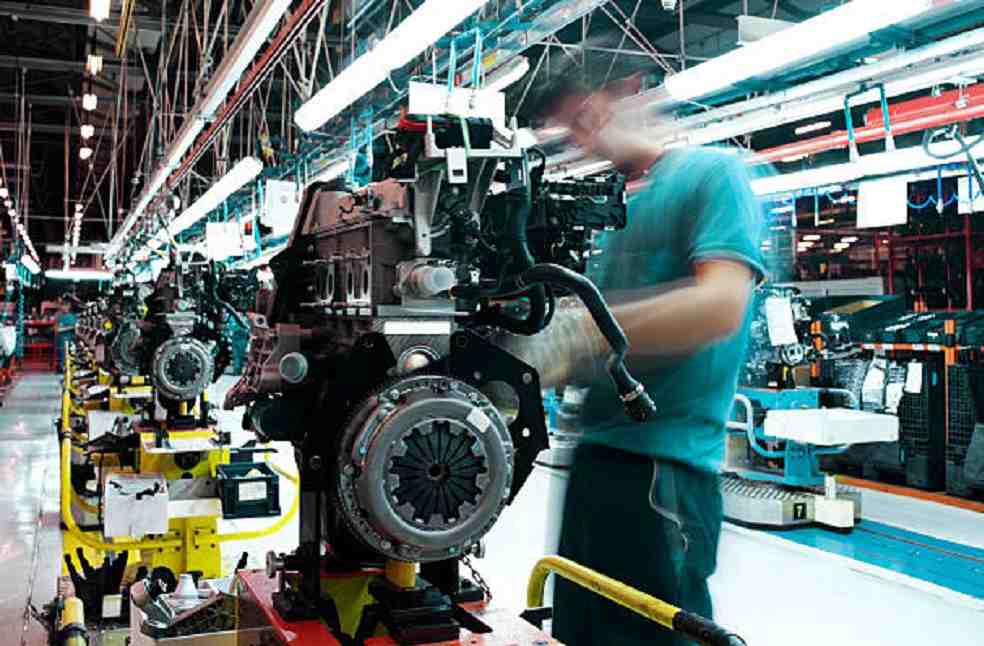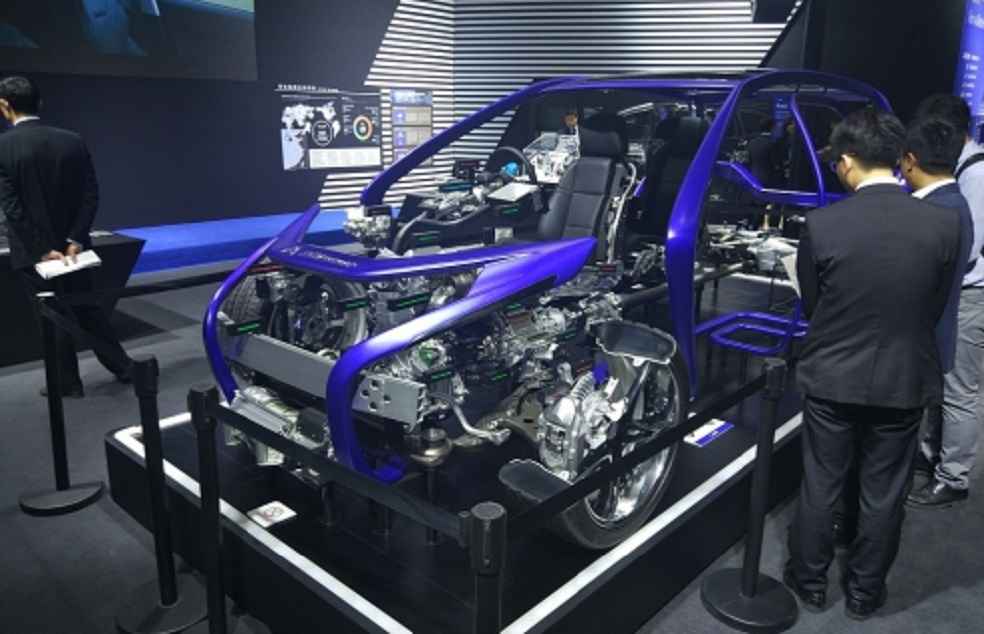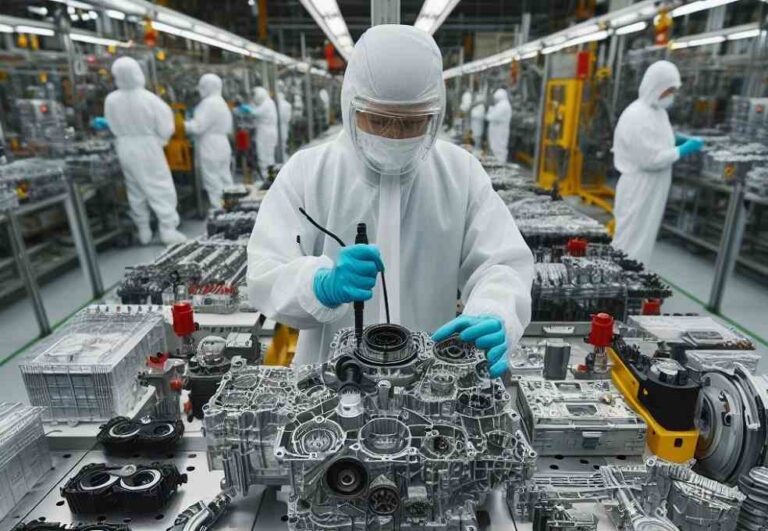The U.S. Customs and Border Protection declared on Thursday that automobile parts meeting the requirements of the Canada-U.S.-Mexico Agreement (CUSMA) on trade will be exempt from tariffs imposed by U.S. President Donald Trump. This latest move brings relief to North America’s automobile industry, which has been struggling under multiple layers of tariffs.
A bulletin from U.S. Customs and Border Protection states that auto parts qualifying under CUSMA will have a zero tariff, excluding knock-down kits and parts compilations. All other parts and non-U.S. components in vehicles assembled outside the U.S. will face a 25% tariff starting May 3.
Experts and industry leaders argue that applying tariffs solely to non-American components of auto parts would be highly complex and challenging. Since auto parts are frequently transported between Canada and the United States before final assembly, tracking their origin poses a logistical strain.

Ford, General Motors, and Stellantis have been pressing the Trump administration for months, arguing that the tariffs inflate costs and severely impact the North American auto sector. On Thursday, General Motors CEO Mary Barra cautioned that the tariffs could cost the company as much as $5 billion.
On Tuesday, Trump granted the auto industry some temporary relief to ease the financial strain caused by the tariffs.
The order lacked clarity on the outcome of CUSMA-compliant parts, but a White House fact sheet later indicated that vehicle components covered by the trade agreement might receive a break.

Six major lobbying groups representing the U.S. auto industry urged the Trump administration last week to reconsider auto part tariffs, warning of potential supply chain disruptions and rising costs. They stressed that most suppliers lack the financial resources to withstand a sudden tariff-driven upheaval, with many already struggling and at risk of production stoppages, layoffs, and bankruptcy.
Candace Laing, president and CEO of the Canadian Chamber of Commerce, pointed out that the unpredictable nature of Trump’s tariffs is deterring investment and business activity in both Canada and the U.S. She emphasized that the true economic relief can only come with the elimination of these tariffs.
GENERAL | Mercedes Confirms High-Volume Vehicle Production at Alabama Plant





